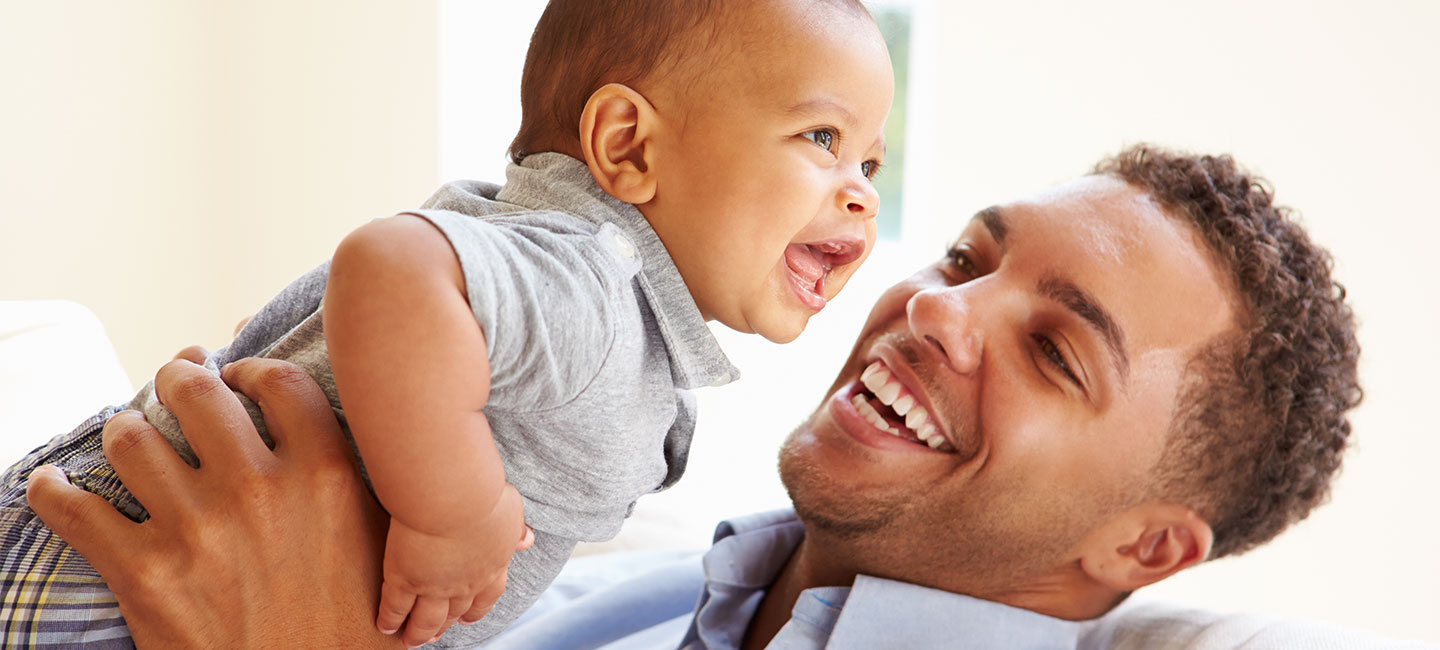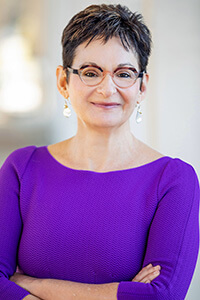Interactive Parent-Child Therapy Reduced Depression Symptoms in Very Young Children
Interactive Parent-Child Therapy Reduced Depression Symptoms in Very Young Children

Young children who have been diagnosed with depression can benefit from an interactive form of therapy involving a parent, according to a clinical trial reported June 20th in the American Journal of Psychiatry.
The trial, led by Joan L. Luby, M.D., winner of the 2004 Klerman Prize for Exceptional Clinical Research, 2008 and 2004 Independent Investigator and 1999 Young Investigator at Washington University School of Medicine in St. Louis, evaluated the effects of a new form of parent-child therapy on children between the ages of 3 and 7 who had been diagnosed with depression. The new treatment approach was modeled after a widely used program of parent-child therapy in which a therapist coaches a parent as they interact with their child, but included an added emphasis on emotional development.
The randomized trial included 229 parent-child pairs. Those in the treatment group participated in 20 therapy sessions over 18 weeks, during which time therapists guided the parents to better help their children recognize and regulate their emotions.
At the end of the study, children who participated in the therapy had significantly lower rates of depression and less severe symptoms than those in the study group that did not receive the therapy. Parents who participated in the study with their children also experienced a reduction in their own depression symptoms and reported a decrease in parenting stress.
“The findings from this trial of parent-child psychotherapy for early childhood depression suggest that earlier identification and intervention in this chronic and relapsing disorder represents a key new pathway for more effective treatment,” the team concluded.
Clinical depression in children as young as age 3 has been validated, and prevalence rates are similar to those in school-age children, the researchers noted, adding that there is continuity between early and later childhood depression, “with alterations in brain function and structure similar to those reported in depressed adults.”
Dr. Luby and her colleagues, including Deanna Barch, Ph.D., a Scientific Council Member, 2013 Distinguished Investigator, 2006 Independent Investigator, and 2000 and 1995 Young Investigator also at Washington University in St. Louis, are continuing to follow the children who participated in the study to determine whether the benefits of the interactive therapy are long-lasting.



